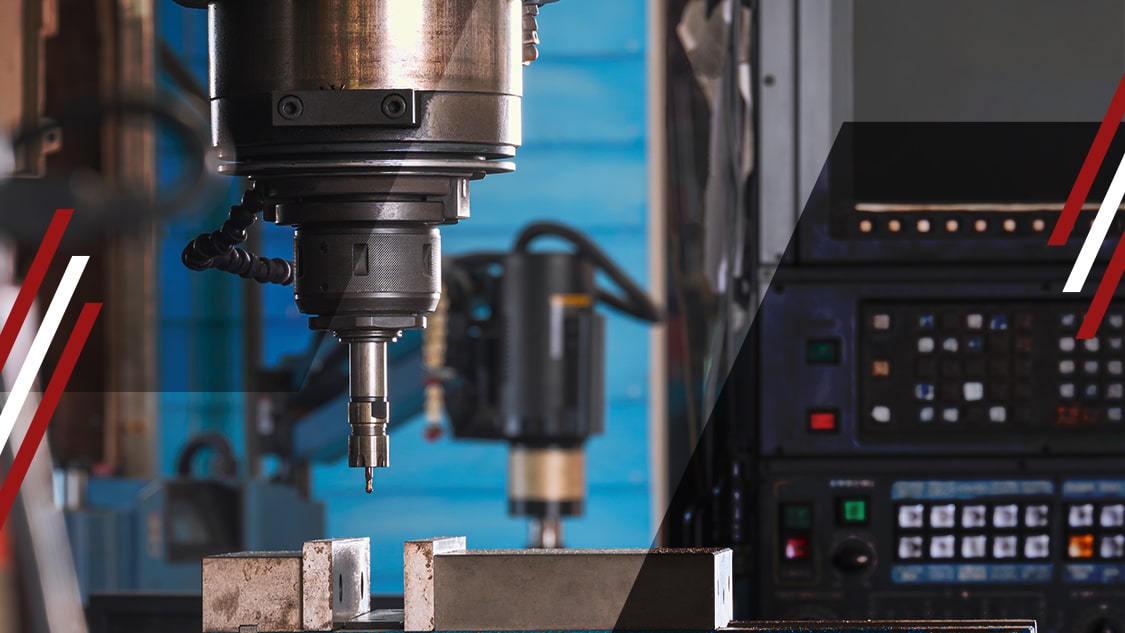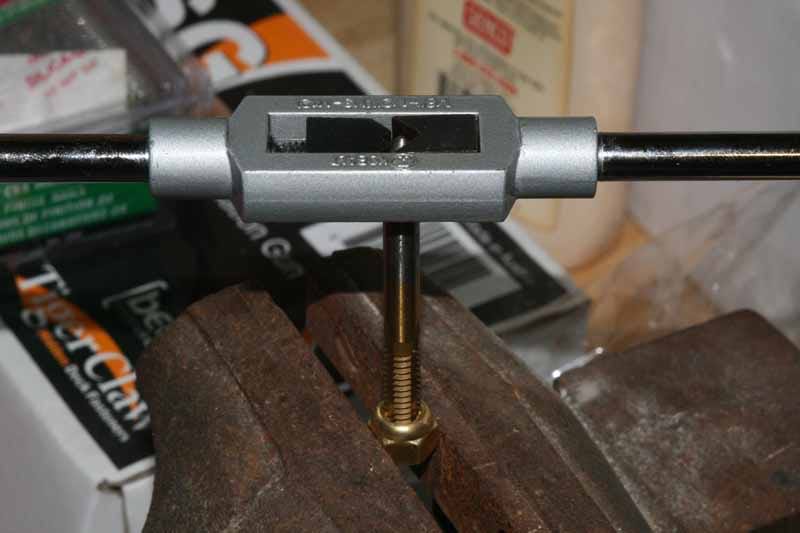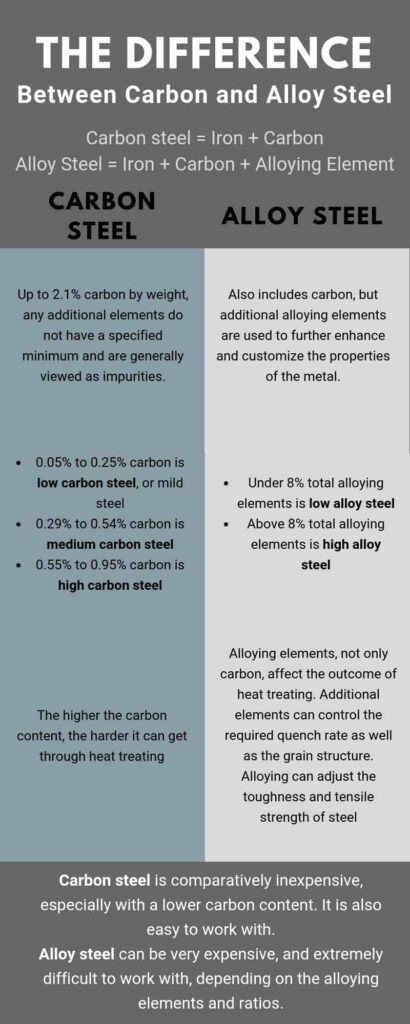Table of Contents
When it comes to manufacturing, precision is key. And in the world of CNC machining, precision is taken to a whole new level. Precision CNC machining is the process of using computer-controlled machines to create intricate and accurate parts for various industries. From aerospace to automotive, this cutting-edge technology ensures that every component is made with utmost accuracy and quality. In this article, we’ll dive into the fascinating world of precision CNC machining, exploring how it works and why it is crucial for achieving excellence in manufacturing.
At the heart of precision CNC machining lies the use of computer numerical control (CNC) systems. These systems utilize advanced software and algorithms to guide the machines in executing complex manufacturing tasks with unmatched precision. By inputting detailed instructions into the CNC system, manufacturers can create highly intricate designs and shapes that would be impossible to achieve manually. This level of precision is essential in industries where even the slightest deviation can have significant consequences. Whether it’s a critical aircraft component or a delicate medical device, precision CNC machining ensures that every part meets the strictest specifications and tolerances.
In addition to accuracy, precision CNC machining also guarantees exceptional quality. The use of computer-controlled machines eliminates human error and ensures consistent results, batch after batch. With the ability to reproduce identical parts with incredible accuracy, manufacturers can maintain the highest standards of quality control. This not only reduces the risk of defects and malfunctions but also improves overall efficiency and productivity. By leveraging the power of precision CNC machining, industries can achieve unparalleled levels of accuracy and quality, setting new benchmarks in manufacturing excellence. So, let’s delve deeper into this fascinating world and uncover the secrets behind its success.
Precision CNC Machining: Ensuring Accuracy and Quality
Precision CNC machining plays a crucial role in various industries, from aerospace and automotive to medical and electronics. It involves the use of computer numerical control (CNC) machines to create intricate and precise parts and components. With its ability to produce complex shapes and designs with high accuracy, CNC machining has become the go-to method for manufacturing precision parts.
The Process of Precision CNC Machining
Precision CNC machining starts with the creation of a digital model or design using computer-aided design (CAD) software. This design is then converted into a set of instructions, known as G-code, which guides the CNC machine in the manufacturing process. The CNC machine follows these instructions to precisely cut, shape, and finish the raw material, whether it’s metal, plastic, or wood.
In the CNC machining process, the raw material is securely clamped onto the machine’s worktable, and the cutting tools, such as drills, mills, and lathes, are controlled by the computer. The CNC machine moves the cutting tools along multiple axes, allowing for precise and intricate cuts and shapes to be made. This level of precision ensures that the final product meets the exact specifications of the design.
The Benefits of Precision CNC Machining
Precision CNC machining offers numerous benefits that make it a preferred method for manufacturing precision parts. One of the key advantages is the high level of accuracy it provides. CNC machines can achieve tolerances as tight as a few thousandths of an inch, ensuring that the finished parts meet the required specifications. This level of precision is essential in industries where even the slightest deviation can lead to product failure or compromised safety.
Another benefit of precision CNC machining is the ability to produce complex shapes and designs. Unlike manual machining methods, which are limited by the skill and dexterity of the operator, CNC machines can create intricate and detailed parts with ease. This opens up new possibilities for product designs and innovation.
Precision CNC machining also offers excellent repeatability and consistency. Once the CNC machine is programmed with the required instructions, it can produce identical parts repeatedly, ensuring consistent quality and reducing the risk of human error. This level of consistency is particularly important in industries that require mass production of precision parts.
Furthermore, CNC machining is a highly efficient method of manufacturing. The use of computer control allows for faster production times and increased productivity. CNC machines can run continuously, reducing the downtime between operations and maximizing the output. This efficiency not only saves time but also reduces overall production costs.
The Role of Quality Control in Precision CNC Machining
Ensuring accuracy and quality in precision CNC machining is paramount. To achieve this, rigorous quality control measures are implemented throughout the entire manufacturing process. Inspection and testing are conducted at various stages, from raw material verification to final product evaluation.
During the machining process, the CNC machine continuously monitors and adjusts parameters to maintain accuracy. This real-time monitoring allows for immediate identification and correction of any deviations from the desired specifications. Additionally, manual inspections are performed to verify the dimensional accuracy and surface finish of the machined parts.
Quality control in precision CNC machining also includes post-processing operations, such as deburring, polishing, and surface treatment. These processes are essential for ensuring the final product meets the desired aesthetic and functional requirements.
Applications of Precision CNC Machining
Precision CNC machining finds applications in a wide range of industries. In the aerospace industry, CNC machines are used to manufacture critical components of aircraft, such as turbine blades, engine parts, and landing gear. The high accuracy and reliability of CNC machining are vital for ensuring the safety and performance of aerospace systems.
In the automotive industry, precision CNC machining is used to produce engine components, transmission parts, and suspension systems. The tight tolerances and consistent quality achieved through CNC machining contribute to the overall performance and longevity of vehicles.
Precision CNC machining also plays a crucial role in the medical field. It is used to manufacture surgical instruments, prosthetics, and implants with precise dimensions and intricate designs. The accuracy and reliability of CNC machining ensure that medical devices meet the stringent requirements for patient safety and effectiveness.
Other industries that benefit from precision CNC machining include electronics, telecommunications, and defense. CNC machines are used to produce intricate circuit boards, connectors, and specialized components for these sectors, where reliability and precision are paramount.
Conclusion
Precision CNC machining is a vital manufacturing process that ensures accuracy and quality in the production of precision parts. It offers numerous benefits, including high accuracy, the ability to produce complex designs, excellent repeatability, and efficiency. Quality control measures are implemented throughout the process to maintain the desired specifications. With its wide range of applications, precision CNC machining continues to drive innovation and advancement in various industries.
Key Takeaways: Precision CNC Machining: Ensuring Accuracy and Quality
- Precision CNC machining is a process that uses computer-controlled machines to create highly accurate and high-quality parts.
- These machines use advanced software and tools to ensure precise measurements and tight tolerances.
- Accuracy is crucial in CNC machining as it ensures that the final products meet the desired specifications.
- CNC machining provides consistency in production, reducing errors and improving overall quality.
- By utilizing CNC machining, manufacturers can achieve complex shapes and intricate designs with ease.
Frequently Asked Questions
What is precision CNC machining?
Precision CNC machining is a manufacturing process that utilizes computer numerical control (CNC) machines to create highly accurate and precise parts. It involves the use of computer-aided design (CAD) software to program the CNC machine, which then follows the programmed instructions to cut and shape the material into the desired form. This process allows for a high level of precision and repeatability, ensuring that each part is manufactured to exact specifications.
With precision CNC machining, complex shapes and intricate details can be achieved with ease. The CNC machine uses various cutting tools, such as drills, mills, and lathes, to remove material from the workpiece, resulting in a finished part that meets the required tolerances. This level of accuracy is crucial in industries such as aerospace, automotive, and medical, where precision and quality are of utmost importance.
How does precision CNC machining ensure accuracy?
Precision CNC machining ensures accuracy through the use of advanced technology and meticulous programming. The CNC machine follows the instructions provided by the CAD software, which eliminates the possibility of human error in the manufacturing process. The measurements and dimensions specified in the CAD file are translated into precise movements of the cutting tools, resulting in accurate and consistent parts.
In addition, CNC machines are equipped with sensors and feedback systems that constantly monitor and adjust the machining process. These systems can detect any deviations or errors and make real-time adjustments to maintain accuracy. This level of control and automation greatly reduces the risk of dimensional errors and ensures that each part meets the required specifications.
What are the advantages of precision CNC machining?
Precision CNC machining offers several advantages over traditional machining methods. Firstly, it allows for a high degree of accuracy and repeatability, ensuring that each part produced is consistent and meets the required specifications. This is especially important in industries where precision is critical, such as aerospace and medical.
Secondly, CNC machining enables the production of complex and intricate parts that would be difficult or impossible to achieve with conventional machining. The ability to program the CNC machine to follow precise paths and movements allows for the creation of intricate geometries and fine details.
Furthermore, CNC machining offers increased efficiency and productivity. Once the CNC program is developed, it can be easily replicated for mass production, reducing the need for manual intervention and minimizing the risk of errors. This results in faster turnaround times and cost savings.
How does precision CNC machining ensure quality?
Precision CNC machining ensures quality through rigorous quality control measures and adherence to strict manufacturing standards. Before production begins, the CAD file is thoroughly reviewed and validated to ensure that it accurately represents the desired part. Any potential issues or errors are identified and addressed before machining begins.
During the machining process, the CNC machine continuously monitors and measures various parameters, such as tool wear, cutting forces, and surface finish, to ensure that the part is being manufactured within the specified tolerances. If any deviations are detected, the machine can make real-time adjustments or alert the operator for further inspection.
After machining, the finished parts undergo thorough inspection and quality testing to verify their dimensional accuracy and functionality. This may include measurements using precision measuring tools, non-destructive testing, and functional testing to ensure that the parts meet the required standards and specifications.
What materials can be used in precision CNC machining?
Precision CNC machining can be performed on a wide range of materials, including metals, plastics, and composites. Common metals that can be machined include aluminum, stainless steel, titanium, and brass. These materials are often used in industries such as aerospace, automotive, and electronics.
Plastics, such as acrylic, PVC, and nylon, are also commonly machined using CNC methods. They offer advantages such as lightweight, low cost, and ease of machining. Composites, which are a combination of different materials, can also be machined using CNC techniques. Examples of composites include carbon fiber reinforced polymers (CFRP) and fiberglass reinforced plastics (FRP).
The choice of material depends on the specific application and the desired properties of the finished part, such as strength, durability, and heat resistance. CNC machines can be equipped with different cutting tools and techniques to handle the specific characteristics of each material, ensuring optimal results.
Final Summary: Precision CNC Machining for Unrivaled Accuracy and Quality
Precision CNC machining is the epitome of excellence when it comes to manufacturing processes. From aerospace to automotive industries, this cutting-edge technology ensures accuracy, efficiency, and unmatched quality. In this fast-paced world where precision matters, CNC machining has revolutionized the manufacturing landscape.
With the help of advanced computer-controlled systems, CNC machines can produce intricate parts with incredible precision. The use of high-quality materials and the ability to replicate designs with utmost accuracy make CNC machining an indispensable tool for various industries. The result is a finished product that meets the most stringent quality standards, eliminating human error and ensuring consistency.
Not only does precision CNC machining offer exceptional accuracy, but it also provides superior scalability. As demand increases, CNC machines can handle larger production volumes without compromising quality. This scalability is a game-changer for businesses looking to meet market demands while maintaining the highest level of craftsmanship.
In conclusion, precision CNC machining has transformed the manufacturing landscape by offering accuracy, quality, and scalability. This cutting-edge technology has revolutionized industries by eliminating human error and providing consistent results. As we move forward, CNC machining will continue to play a crucial role in meeting the ever-growing demands of our modern world. Embrace the power of precision and witness the unrivaled accuracy and quality that precision CNC machining brings to the table.
Request a quote today!
[contact-form-7 id="1578" title="Contact form"]
Please compress the file into a ZIP or RAR file before uploading. Alternatively, send through your RFQ by email.
enquires@unitymanufacture.com





